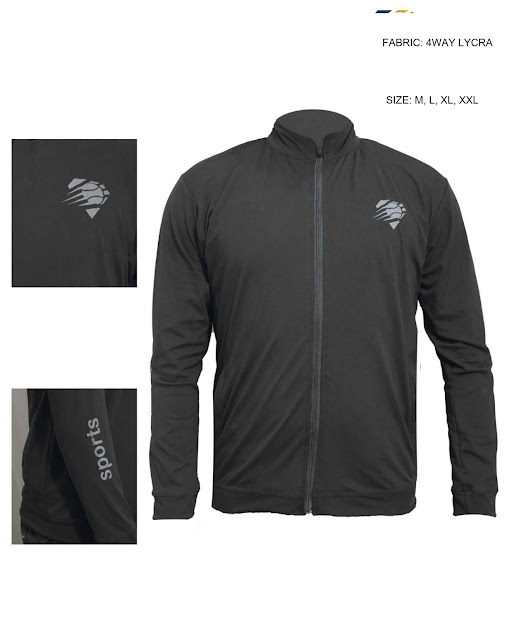Socks Manufacturing: Crafting Quality and Comfort
Socks Manufacturer are an essential part of our everyday wardrobe. Whether we are dressing up for a formal occasion or lounging at home, a comfortable pair of socks can make all the difference. In this article, we will delve into the world of sock manufacturing, exploring the intricacies of creating quality socks that offer both style and comfort.
The
Importance of Socks
Socks play a vital role in maintaining foot health and comfort.
They provide cushioning, moisture-wicking properties, and help prevent blisters
and odors. Furthermore, socks have become a fashion statement, allowing
individuals to express their personal style through patterns, colors, and
designs.
Understanding Sock Manufacturing
Materials and Yarn Selection
High-quality socks start with the right materials. Manufacturers
carefully choose yarns such as cotton, wool, nylon, or synthetic blends based
on the desired properties of the final product. Each material offers unique
benefits, such as breathability, durability, or moisture management.
Knitting Techniques
Sock manufacturing involves various knitting techniques,
including flat knitting and circular knitting. Circular knitting is the most
common method, creating seamless socks that provide a snug fit and reduce
friction. Manufacturers employ specialized knitting machines to efficiently
produce socks in different sizes and styles.
Design and Patterns
Design is an essential aspect of sock manufacturing.
Manufacturers collaborate with designers to create appealing patterns and
styles that cater to different market segments. From classic solid colors to
intricate motifs, there is a vast array of options available to meet diverse
customer preferences.
Quality Control Measures
Maintaining high-quality standards is crucial in sock
manufacturing. Manufacturers implement rigorous quality control measures to
ensure that every pair of socks meets the desired specifications. This includes
monitoring yarn consistency, inspecting knitting integrity, and conducting
thorough checks for defects or imperfections.
Sustainable Manufacturing Practices
The textile industry has been increasingly focusing on
sustainability, and sock manufacturing is no exception. Manufacturers are
adopting eco-friendly practices by using organic or recycled materials,
minimizing waste, and reducing energy consumption. Sustainable manufacturing
not only benefits the environment but also appeals to conscious consumers.
Customization and Branding
Many sock manufacturers offer customization options to cater to
individual preferences or corporate branding needs. Whether it's adding
personalized logos, colors, or patterns, customization provides a unique touch
to socks and allows brands to create a distinct identity.
Industry Trends and Innovations
The sock manufacturing industry is constantly evolving, driven
by changing fashion trends and technological advancements. From innovative
materials with enhanced performance properties to seamless integration of smart
textile technologies, manufacturers are continuously pushing the boundaries of
sock design and functionality.
Socks for Different Purposes
Socks are designed to meet specific needs and activities. There
are socks tailored for sports, outdoor activities, formal occasions, and every day
wear. Manufacturers develop specialized socks with features such as
moisture-wicking, cushioning, arch support, or thermal in sulation to cater to
the diverse requirements of different activities and environments.
Care and Maintenance Tips
To ensure the longevity of socks, proper care and maintenance
are essential. Manufacturers provide care instructions, which typically involve
washing socks in mild detergent, avoiding bleach or harsh chemicals, and
air-drying them to maintain their shape and elasticity. Following these
guidelines can extend the lifespan of socks and preserve their performance.
The Future of Sock Manufacturing
As technology continues to advance, the future of sock
manufacturing looks promising. Manufacturers are exploring the integration of
smart textiles, such as temperature-regulating fabrics and moisture-sensing
technologies, to enhance the functionality of socks. Additionally,
customization options and sustainable practices are expected to further evolve,
providing consumers with more choices and environmentally friendly
alternatives.
Conclusion
Socks are more than just a functional garment; they are a
fashion accessory that can elevate any outfit while ensuring comfort and foot
health. The process of sock manufacturing involves careful material selection,
intricate knitting techniques, and quality control measures. As the industry
progresses, sustainability, customization, and technological advancements will
shape the future of sock manufacturing, offering consumers an even wider range
of options.

Comments
Post a Comment